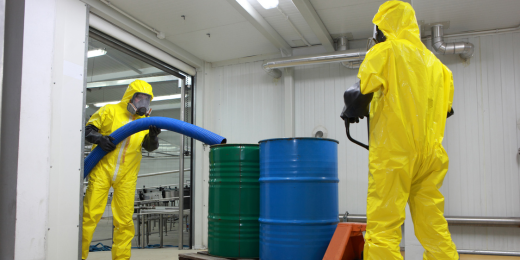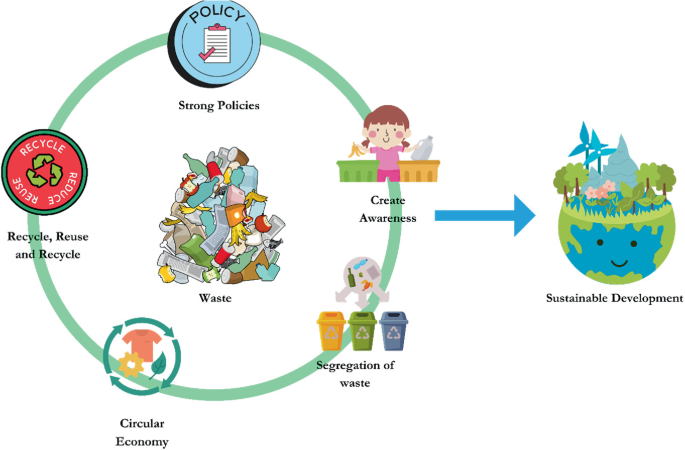Reclaim Waste Fundamentals Explained
Reclaim Waste Fundamentals Explained
Blog Article
Some Known Questions About Reclaim Waste.
Table of ContentsReclaim Waste Things To Know Before You BuyThe Reclaim Waste PDFsFascination About Reclaim WasteOur Reclaim Waste DiariesOur Reclaim Waste Diaries
Check out the kinds, incidents, and forms of fluid waste. Domestic sewer waste describes the waste and items from a domestic septic storage tank. This sort of waste is developed by humans in residences, schools, and various other structures. This only consists of septic storage tanks that have a drainpipe field. The correct administration and disposal of domestic sewer waste require liquid waste to be moved to a sewage therapy plant where the correct approaches and equipment are related to detoxify and dispose of waste.
Business waste frequently includes possible threats, such as flammable materials or a blend of fluid and strong waste products, and requires a much more innovative and comprehensive disposal process. The disposal of industrial waste normally entails the filtration of waste before transportation to guarantee risk-free and correct disposal. Hazardous waste is developed from results and drainage of industrial procedures and production.
This kind of waste can not make use of the exact same sewer monitoring transport or procedures as septic or business fluids. The hazardous waste monitoring procedure requires the evaluation and testing of liquid waste before it undergoes the disposal process (liquid waste removal). Overflow waste is the liquid waste that comes from runoff and excess stormwater in highly booming locations or cities
Runoff waste can create contamination and flooding if not managed correctly. Guaranteeing proper waste management can prevent calamities and decrease ecological damage.
The Buzz on Reclaim Waste
Get in touch with PROS Services today to learn more about our waste management and disposal solutions and the appropriate means to care for the liquid waste you generate.
(https://sitereport.netcraft.com/?url=https://reclaimwaste.com.au)Do you recognize what occurs to your water when you pull the plug, purge the toilet or drain pipes the cleaning equipment? No? Well, it deserves understanding. This so-called 'wastewater' is not just a vital resource yet, after therapy, will be launched to our land, rivers or the ocean. Made use of water from toilets, showers, bathrooms, kitchen area sinks, laundries and industrial processes is recognized as wastewater.

water made use of to cool equipment or clean plant and tools). Stormwater, a type of wastewater, is runoff that streams from agricultural and city areas such as roofing systems, parks, yards, roads, paths and rain gutters right into stormwater drains, after rainfall. Stormwater moves neglected straight to neighborhood creeks or rivers, eventually reaching the sea.
The 7-Minute Rule for Reclaim Waste
In Queensland, a lot of wastewater is dealt with at sewer therapy plants. Wastewater is carried from domestic or industrial sites with a system of drains and pump terminals, called sewage reticulation, to a sewer therapy plant. Regional governments develop, preserve and operate most sewer therapy plants. Operators are certified under the Environmental Management Act 1994 to discharge treated wastewater at an appropriate ecological criterion right into rivers.
The Department of Natural Resources recommends local governments concerning managing, operating and maintaining sewage systems and therapy plants. In unsewered locations, city governments may require owners to mount specific or house sewer therapy systems to treat domestic wastewater from toilets, kitchens, restrooms and laundries. The you could try here Division of Natural Resources authorizes making use of house systems when they are verified to be reliable.
In some new class, therapy of some stormwater to remove trash, sand and gravel has actually begun making use of gross contaminant traps. Wastewater therapy happens in four stages: Eliminates solid matter.
Wastewater then flows right into huge storage tanks where solids settle and are gotten rid of as sludge. Grease and scum are skimmed from the surface area. Uses small living microorganisms called micro-organisms to break down and eliminate continuing to be dissolved wastes and great fragments. Micro-organisms and wastes are integrated in the sludge. Eliminates nitrogen and phosphorus nutrients that could trigger algal blossoms in our rivers and threaten water life.
The 25-Second Trick For Reclaim Waste
Nutrient elimination is not offered in any way sewage treatment plants because it calls for expensive specialised devices. It is becoming much more typical in Queensland. Clear liquid effluent produced after therapy might still consist of disease-causing micro-organisms. If this effluent is released into rivers such as rivers or the sea, the micro-organisms will ultimately die out.

This typically implies wastewater has to be dealt with or pollutants removed prior to it can be discharged to rivers. A lot of wastewater flows right into the sewerage system. Under the Act, city governments provide authorizations and licences for environmentally pertinent activities (ERAs) entailing wastewater releases that might have a regional impact. The division administers authorizations and permits to ERAs entailing wastewater launches that might have a local or statewide impact.
The Definitive Guide to Reclaim Waste
Or else, samples are considered laboratory analysis. Usually many tests are required to develop the levels of each of the different toxins such as oils, heavy steels and chemicals in water. Tracking provides valid info about water top quality and can confirm that licence problems are being fulfilled. The details obtained through surveillance provides the basis for making water quality decisions.
Report this page